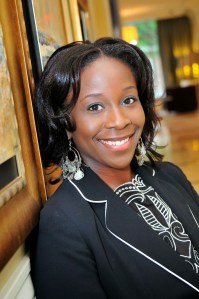 A couple of weeks ago I quoted Atinuke Diver (aka Tinu) the Boston attorney of Talking Taboo fame in my post about Elizabeth Knox’s great new book, Faith Powered Profession.
A couple of weeks ago I quoted Atinuke Diver (aka Tinu) the Boston attorney of Talking Taboo fame in my post about Elizabeth Knox’s great new book, Faith Powered Profession.
Tinu got wind of it, contacted me, and before I knew it we were engrossed in conversation over lunch about a lot of things including the taboo topic she raised about life in the evangelical community for the professional business woman and how the church is more interested in her “marital status and reproductive system” than her profession.
In a recent interview (“Praying for Boston”) Tinu described what she and other professional women experience as “the church’s deafening silence—and at times outright rejection or animosity—toward any professional ambition and calling beyond the realm of ministry or church service.”
Tinu (whose Nigerian parents migrated to Boston where she was born) earned her law degree at UNC and is an attorney for the John A. Volpe National Transportation Systems Center. (As a side note, I was thankful to learn a scheduled flight out of Boston prompted her to leave the 2013 Boston Marathon finish line before the bombs went off.)
 Our meeting came on the heels of another event that happened a few days earlier where I was seated at another table with women from Biblical Seminary—this time in a convention hall packed with 7000+ professional women for the 2013 Pennsylvania Conference for Women in Philadelphia.
Our meeting came on the heels of another event that happened a few days earlier where I was seated at another table with women from Biblical Seminary—this time in a convention hall packed with 7000+ professional women for the 2013 Pennsylvania Conference for Women in Philadelphia.
We heard world and business leaders, educators, entrepreneurs, and activists—powerful plenary speakers—smart, gifted,educated, experienced, successful, and yes, passionately ambitious women. It was incredible!
That gathering reminded me of words I wrote in Half the Church as I described the 21st Century landscape for women:
“At one end of the spectrum, women have broken through the glass ceiling to secure posts of leadership, power, and achievement that rival their male counterparts. Women have arrived and in growing numbers are succeeding in the highest echelons of government, business, religion, education, sports, and the entertainment industry. It is a new day for women. Those who enjoy the benefits of education, wealth, and freedom are blessed with a lavish smorgasbord of exciting options. Parents today are telling their daughters, “You can be anything you want to be.”
Astonishing proof of that was right before me.
But that reality raises serious questions that the church has yet to address and nothing made that more pressing in my mind than being with those women—the 7000 in Philly and the one in Boston.
Will the church roll out the welcome mat when women like the 7000 who are successful leaders in secular careers cross the threshold or will Tinu’s experience keep repeating itself? Does the church perceive these women as a threat or as an asset? Do we segregate secular occupations from what it means to “serve God,” or are the contributions they’re making in the workplace—the actual work they do there—strategic kingdom work? What benefits do we all forfeit when we don’t engage these leaders (both women and men) in the corporate world to learn from their experience and champion their efforts?
For every Christian woman who enters the workplace, there is a new opportunity for gospel living to infiltrate the secular realm. As one NYTimes writer—a non-Christian—insightfully observed,
“It is an explosive concept, with the potential for unleashing creative Christian energy in many areas of endeavor—ordinary lay-women and men, indistinguishable from their colleagues and neighbors, going about their normal occupations, who nevertheless ‘catch fire’ with the Gospel and change the world.”
What are your thoughts? Does your church engage and value the professional woman?




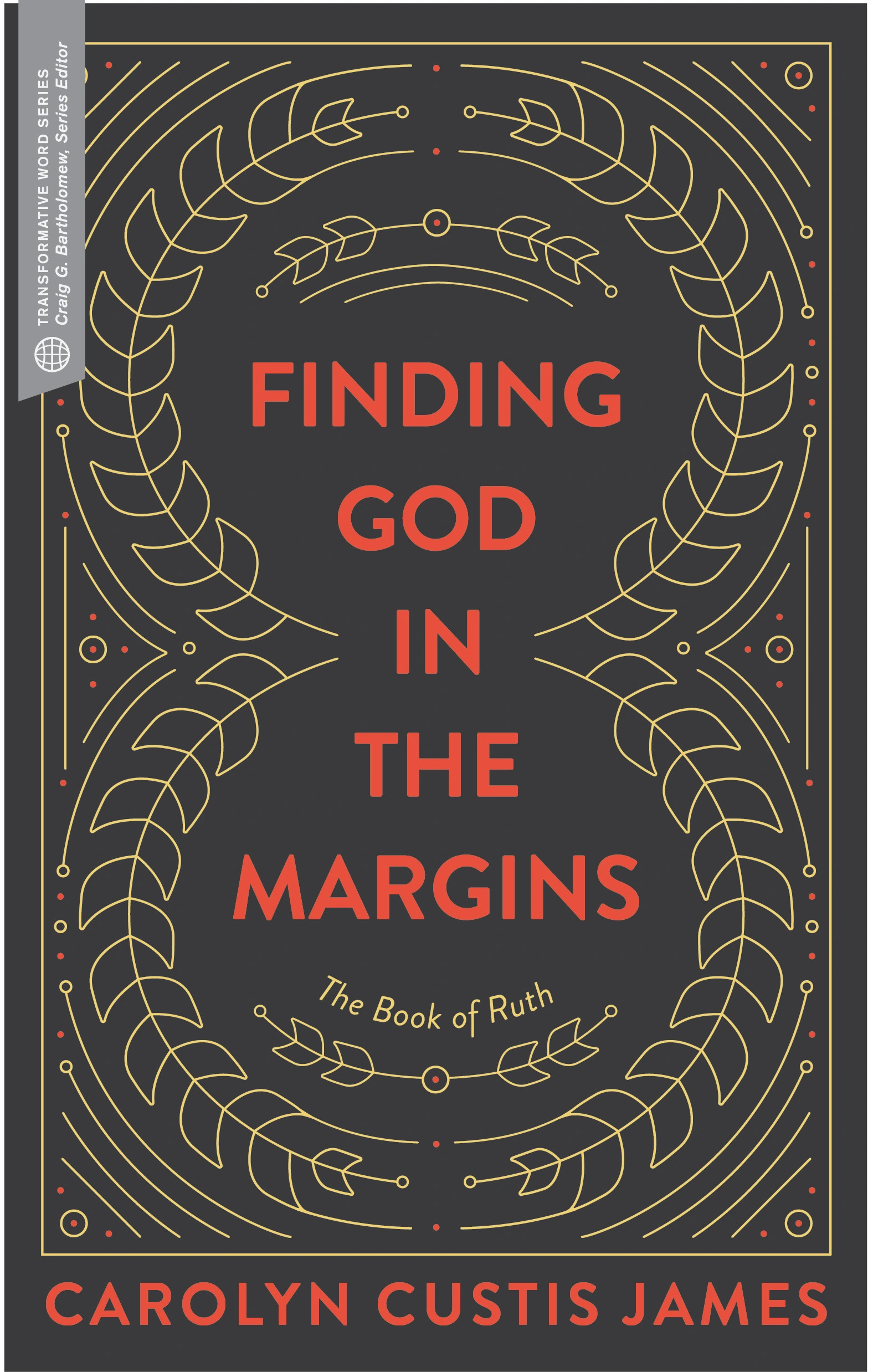
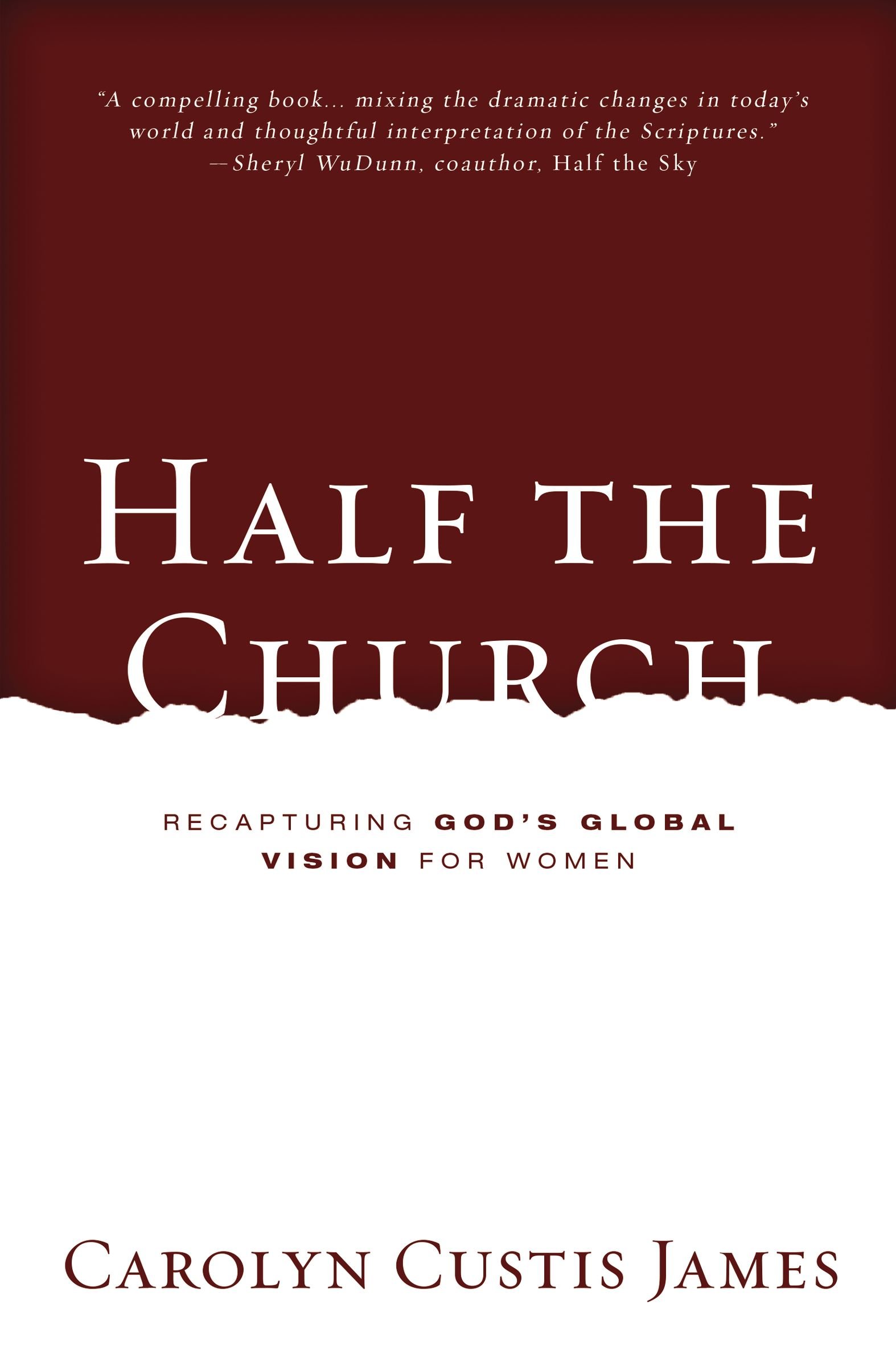
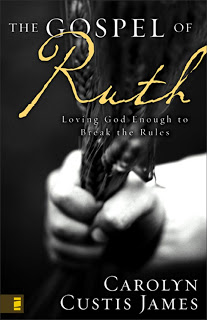
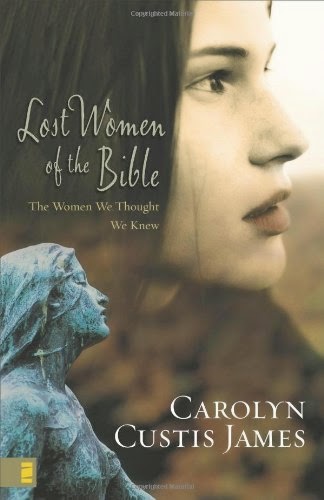







You inspire me to make an observation and to pose a question.
I have observed two ways churches in my experience have dealt poorly with businessmen (some women, but mostly men):
(1) Business people are given power in the church more proportional to their success in the corporate world — i.e. how much money they have and give — than their spiritual qualifications.
(2) Business people's time and talents are squandered, for instance by long and inefficient meetings. People who view church meetings as a social outlet, and therefore don't care how long they last or how disorganized they are drive well-organized businessmen nuts — to the point where they are reluctant to serve. Worse are those (especially pastors) who view people whose teeth grind at an inefficiently-run meeting as “not caring enough about God's work and fellowship with God's people.”
As I said, these are church problems for men as well. But I would imagine at least the second would be worse for women, as our time has traditionally been undervalued.
LikeLike
Those things do happen, Linda. But what about the question of how the church views and values the work people do Monday-Friday? And what can the church do to champion their efforts?
LikeLike
I actually have no idea. I haven't been in any church that showed particular concern for what its members did during the week, unless it was somehow to the church's advantage: wealthy businessmen to make donations, teachers to serve in Sunday school, musicians to volunteer their talents during worship services, accountants to take on the job of church treasurer, etc. None has ever been good at valuing and supporting vocations that weren't associated with church or foreign missions work.
Sorry to be so cynical. I'm clearly sleep-deprived.
LikeLike
Linda, You have articulated in greater detail exactly the point I'm making, that Elizabeth Knox addresses in her book, and that bothers Tinu Divir every time she goes to church. It impacts both men and women, although I suspect in different ways. Unless a man becomes an elder or deacon, he is simply invisible. Women, on the other hand, hear that what matters about them is being/becoming wives and mothers.
The vision God casts in Genesis 1 encompasses all of life, every venue, and every vocation as part of his mission on earth. Every place on earth—home, church, school, neighborhood/community/culture, workplace, etc.—is a kingdom front line and no one place is more important than another.
We can do a better job of cheering one another on!
LikeLike
Thank you for this Carolyn. (Good to know about Tinu as she's in my backyard.) I agree with Linda that if one is famous or has a high powered job, the church values what they do (and I would agree that they are often promoted even if they did not have the spiritual heft to back up the promotion). In the church we had been part of for many years, this was true regardless of that person's gender. To the question does the church segregate secular occupation, absolutely–again unless they are powerful, rich or famous and then they get center stage, the mike, and opportunities to speak in, even if they don't have anything much to say. (Maybe Linda and I should go out for coffee??) AT any rate, I am grateful for Tinu and other women who feel God's backing and go for it.
LikeLike